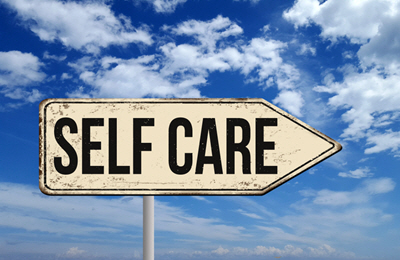“When I’m tired, I rest. I say, ‘I can’t be a superwoman today.’” – Jada Pinkett Smith
 Throughout our lives, women hear many messages…
Throughout our lives, women hear many messages…
… about how to feel, how to behave, how to look, and how to think. It can be hard to sift through the conflicting messages and find your truth.
Now, more than ever, women are being told they can “have it all,” yet so many women feel as if they are failing at this.
It is time to take off the superhero cape, to stop feeling as if you are responsible for everyone else’s needs, and BREATHE.
Time to figure out what type of woman, wife, mother, employee, and friend you want to be… based on what YOU want, not what others WANT of you.
 My approach is holistic…
My approach is holistic…
… as I have personally and professionally seen the benefits of addressing all that makes us “whole”: mind, body, and spirit.
In our sessions together, I use a variety of therapy techniques designed to address you as a whole person.
This holistic approach allows for deeper understanding into who are you and what you need to do in order to sustain lasting change. These techniques include body-centered therapy, Mindfulness, Journaling, Guided Imagery, CBT, and EMDR.
The most important thing to remember is there is no “right” way to do therapy. Each woman is unique with different needs. We will work together to find the ways that work best for you.
What therapy looks like…
As a therapist, my role in a person’s life is unique.
I get what a big deal it is to come in and share your vulnerable self. First and foremost, I value our relationship. I make sure you feel comfortable, that I am approachable, that you don’t feel judged, and that we laugh together.
Working with women, I often need to remind them that the time in therapy is time just for them. No one else…
… that I am there to listen and care for them.
In the office…
When you come into the office for the first time, I will offer you water, coffee, or tea. Once settled into my comfy couch, I will ask you why you decided to come to therapy.
It is at this point that some clients start telling me their stories. Others start crying. Others ask me, “Where should I start?”
No response is better than another, as they ultimately start you on your path. By the end of the first session, you should feel as if you shared some of your story, have an idea of what you would like to work on, and when you want to come back (weekly, biweekly, etc.).
Also, some clients like homework. If that’s you, we will make sure you leave with an “assignment” to practice between sessions.
 During a session…
During a session…
In addition to talking through stuff, your work could also involve being in your body. I will ask you to breathe at times, either to slow down the pace or to give you a moment to reflect on what you just shared.
I might nudge you to stay with whatever is uncomfortable, but I won’t push. And, if you aren’t comfortable, then we’ll try something else.
For women with a past eating disorder or abuse issues, being in their bodies can be challenging. This is another reason I do not believe in a “one size fits all” approach. Using a holistic approach, I can draw on different modalities as needed.
 Specific things women have worked on:
Specific things women have worked on:
- Finding their voice: Without a voice, a woman will not get her needs met. This can lead to living a life full of anger, depression, or resentment.
- Creating healthy boundaries: Without feeling “mean” or “unloving,” setting clear boundaries is important if you want relationships that are mutually respectful and supportive. It is not “mean” to want this… or “unloving” to end a relationship if you are not receiving this respect and support.
- Enjoying sex: Women need to feel connected outside the bedroom to connect inside the bedroom. If you don’t have a fulfilling sex life, it could be one or a combination of factors, including not trusting your partner, not feeling loved and cherished by your partner, or a low libido.
- Learning that “confrontation” isn’t a dirty word: Confrontation often implies hostility, a feeling many woman do not like to feel. Another way to look at confrontation is asking for something you want. No hostility. Just a request. This reframing helps women speak up, say “no” or let others know something they’ve done has been hurtful.
- Learning about The “Second Shift” (for those with families): Women who work outside the home and take care of their families often feel like they do more emotional and logistical work than their partners. Named after the book with the same title, our “Second Shift” discussions explore your specific dynamics and help you create a work/family balance.
 Seeking therapy is a big step.
Seeking therapy is a big step.
But you’re taking this step, because the pain, or your current situation, feels too hard to deal with alone.
You need some guidance and support – and are ready for change…
… and I’m here for you. Give me a call today, and let’s start getting you back to a life enjoyed: (860) 838-2071.

